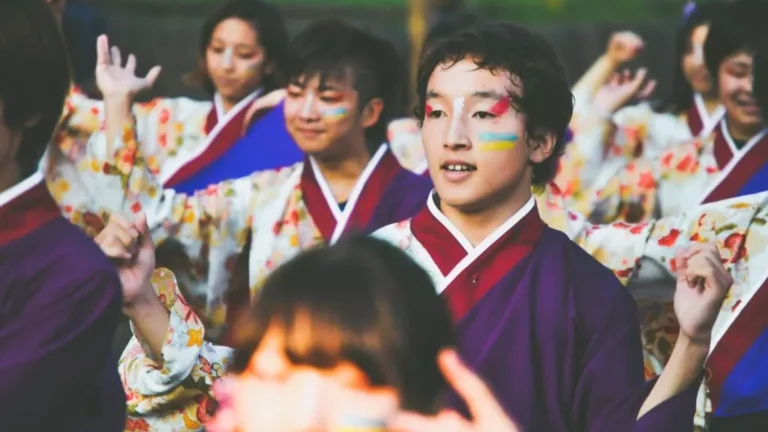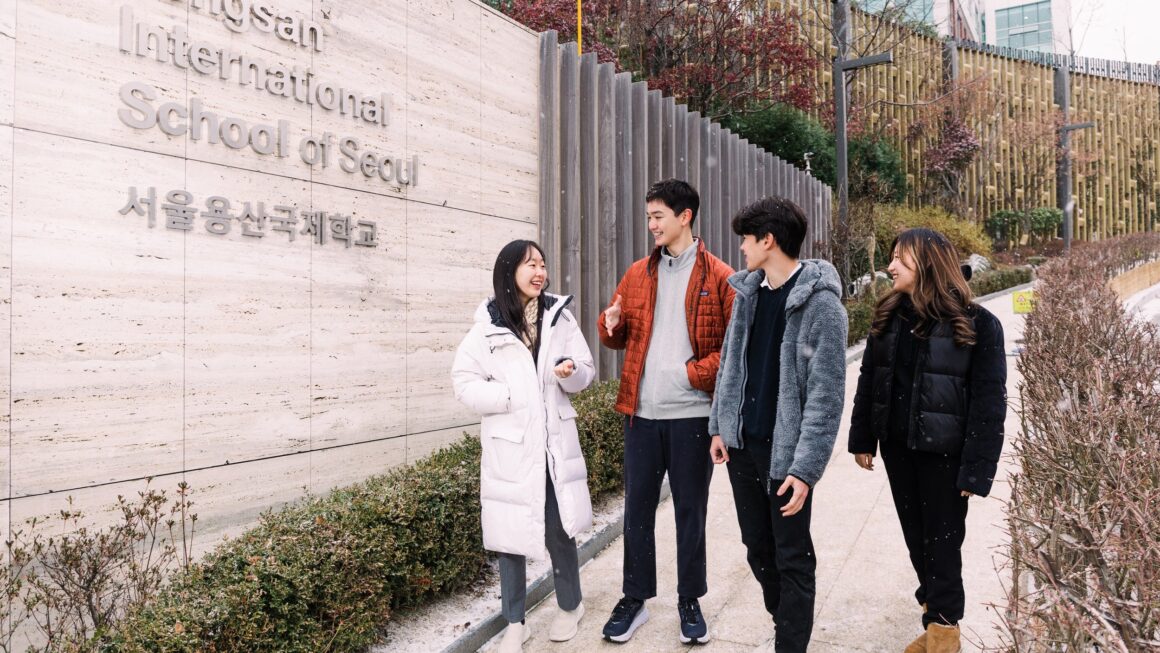
Introduction
Cultural festivals and events offer a unique glimpse into the traditions, customs, and heritage of different communities around the world. These celebrations are more than just entertainment; they are a testament to the rich tapestry of human diversity. This blog explores some of the most vibrant and significant cultural festivals across the globe, highlighting their importance in promoting understanding, tolerance, and global unity.
Purpose of the Article
The purpose of this article is to showcase the variety of cultural festivals celebrated worldwide, emphasizing the importance of these events in fostering global connections and appreciation for diversity.
Significance of Cultural Festivals
Cultural festivals play a crucial role in bringing people together, regardless of their background. They provide a platform for cultural exchange, helping to break down barriers and build a more inclusive world. By participating in these events, people can gain a deeper understanding of different traditions, enhancing their appreciation for the world’s diverse cultures.
Major Cultural Festivals in Different Continents
- North America
- Mardi gras (USA)
Mardi Gras, also known as “Fat Tuesday,” is a vibrant celebration held in New Orleans, Louisiana. It marks the final day before Lent in the Christian calendar. The festival is famous for its lively parades, elaborate costumes, and festive atmosphere. Revelers enjoy music, dancing, and the iconic throwing of beads from floats, creating a spectacle that attracts visitors from all over the world.
Caribana (Canada)
Caribana, now officially known as the Toronto Caribbean Carnival, is a cultural festival celebrating Caribbean culture and traditions. Held annually in Toronto, this festival features a grand parade, vibrant costumes, and energetic music. It’s a celebration of Caribbean heritage, showcasing the rich cultural diversity of the region through dance, music, and food.
South America
Carnival (Brazil)
Carnival in Brazil is one of the most famous festivals in the world. Held before Lent, it features extravagant parades, samba music, and elaborate costumes. The streets of Rio de Janeiro come alive with music, dance, and vibrant displays of color. Carnival is a time of joy and celebration, deeply rooted in Brazilian culture and history.
Inti Raymi (Peru)
Inti Raymi, the Festival of the Sun, is an ancient Inca celebration held in Cusco, Peru. This festival honors Inti, the sun god, and marks the winter solstice. Participants don traditional Inca attire and engage in rituals, dances, and reenactments of historical events. Inti Raymi is a powerful reminder of Peru’s rich cultural heritage and its enduring traditions.
Europe
Oktoberfest (Germany)
Oktoberfest is the world’s largest beer festival, held annually in Munich, Germany. Originating in the early 19th century, it celebrates Bavarian culture with traditional music, dance, and, of course, beer. Visitors from around the globe gather to enjoy Bavarian brews, hearty food, and the lively atmosphere of this iconic festival.
La Tomatina (Spain)
La Tomatina is a unique festival held in the town of Buñol, Spain. Participants engage in a massive tomato fight, throwing overripe tomatoes at each other in a spirit of fun and camaraderie. This quirky festival, held on the last Wednesday of August, has gained international fame and attracts thousands of visitors eager to join in the messy fun.
Africa
Durban July (South Africa)
The Durban July is South Africa’s premier horse racing event, held annually in Durban. It’s not just about horse racing; the event is also a fashion extravaganza, with attendees showcasing their finest outfits. The Durban July is a highlight of the social calendar, blending sport, fashion, and entertainment in a celebration of South African culture.
Festival of the Sahara (Tunisia)
The Festival of the Sahara in Tunisia is a celebration of desert culture and traditions. Held in Douz, this festival features camel races, traditional music, dance, and poetry. It offers a unique insight into the life of the Saharan people, showcasing their rich cultural heritage and resilience.
Asia
Diwali (India)
Diwali, the Festival of Lights, is one of the most important Hindu festivals, celebrated across India and other parts of the world. It symbolizes the victory of light over darkness and good over evil. During Diwali, homes are decorated with oil lamps, colorful rangoli, and fireworks. Families gather to share sweets, exchange gifts, and perform religious rituals.
Chinese New Year (China)
Chinese New Year, also known as the Spring Festival, is the most important traditional festival in China. It marks the beginning of the lunar new year and is celebrated with family reunions, feasts, and various cultural activities. Traditions include dragon and lion dances, fireworks, and the giving of red envelopes for good luck.
Oceania
Sydney Festival (Australia)
The Sydney Festival is a major cultural event held annually in Sydney, Australia. It features a diverse range of performances, including theater, dance, music, and visual arts. The festival transforms the city into a vibrant hub of creativity, attracting artists and audiences from around the world.
Pasifika Festival (New Zealand)
The Pasifika Festival in Auckland, New Zealand, is the largest celebration of Pacific Island cultures in the world. It showcases the music, dance, food, and crafts of the Pacific Islands, bringing together communities to celebrate their shared heritage. The festival promotes cultural exchange and understanding, highlighting the rich diversity of the Pacific region.
Unique Cultural Festivals
Harbin Ice and Snow Festival (China)
The Harbin Ice and Snow Festival in China is a spectacular event featuring massive ice sculptures, snow activities, and international participation. Held in Harbin, Heilongjiang province, this festival transforms the city into a winter wonderland. Visitors can admire intricate ice carvings, participate in winter sports, and enjoy stunning light displays. The festival plays a significant role in promoting art and tourism in the region.
Día de los Muertos (Mexico)
Día de los Muertos, or Day of the Dead, is a vibrant Mexican festival that honors deceased loved ones. It has deep roots in indigenous traditions and Catholicism. Families create altars, or ofrendas, decorated with photos, flowers, and favorite foods of the departed. The festival includes parades, music, and dance, reflecting a joyful celebration of life and death. Its influence has spread globally, inspiring similar celebrations in various cultures.
Holi (India)
Holi, the Festival of Colors, is a Hindu festival celebrated with great enthusiasm in India and around the world. It marks the arrival of spring and the victory of good over evil. Participants throw colored powders and water at each other, creating a vibrant, joyful atmosphere. Holi’s cultural impact extends beyond India, with celebrations held globally, symbolizing unity and happiness.
Participating in Cultural Festivals
Planning Your Visit
To fully enjoy a cultural festival, thorough planning is essential. Start by researching the event’s dates, locations, and main attractions. Understanding the festival’s history and significance will enhance your appreciation of the experience.
Cultural Etiquette
Respecting local customs and traditions is crucial when attending cultural festivals. Learn about the appropriate attire, behavior, and any specific rituals or practices. Showing respect for the host culture enhances your experience and fosters positive interactions.
Enhancing Your Experience
Language skills can significantly enhance your festival experience. For instance, if you’re attending an English-speaking festival, you might consider taking [Learn English speaking Online] courses to improve your communication abilities. These courses offer flexibility and can be tailored to your needs, making it easier to engage with locals and fully participate in the festivities.
Benefits of Attending Cultural Festivals
Personal Growth
Attending cultural festivals broadens your horizons and expands your understanding of different cultures. These experiences can challenge your perspectives, increase your cultural sensitivity, and foster a greater appreciation for diversity.
Building Tolerance and Understanding
Cultural festivals promote tolerance and understanding by highlighting the beauty of different traditions and customs. By experiencing these events firsthand, you gain insights into other ways of life, helping to break down stereotypes and build a more inclusive world.
Social Connections
Festivals offer numerous opportunities to meet new people and build social connections. Whether you’re connecting with locals or other travelers, these interactions enrich your experience and can lead to lasting friendships.
Cultural Exchange
Participating in cultural festivals allows for meaningful cultural exchange. Sharing your own traditions and learning about others’ customs fosters mutual respect and understanding, creating a sense of global community.
Conclusion
Recap of Key Points
Cultural festivals are vital in celebrating diversity and promoting global unity. From the colorful streets of Rio de Janeiro during Carnival to the tranquil lights of Diwali in India, these events offer unique insights into the world’s rich cultural tapestry.
Encouragement to Participate
We encourage you to explore and participate in cultural festivals, whether locally or internationally. These experiences are not only enriching but also essential in fostering a more tolerant and understanding world. Enhance your experience by improving your language skills through Learn English speaking online courses or working on your English Pronunciation.
Additional Resources
For those interested in exploring cultural festivals, consider checking out festival guides, travel resources, and language learning tools. Websites like Lonely Planet, TripAdvisor, and language platforms like Duolingo can provide valuable information and support.
Attending cultural festivals is a wonderful way to celebrate diversity and engage with the world around you. Embrace these opportunities, broaden your horizons, and join in the global celebration of culture and community.



